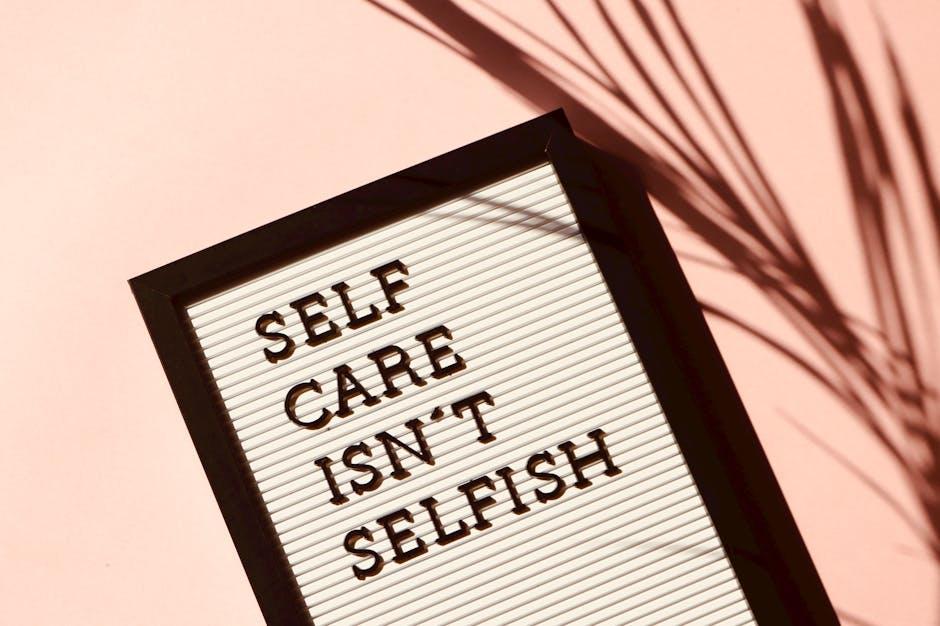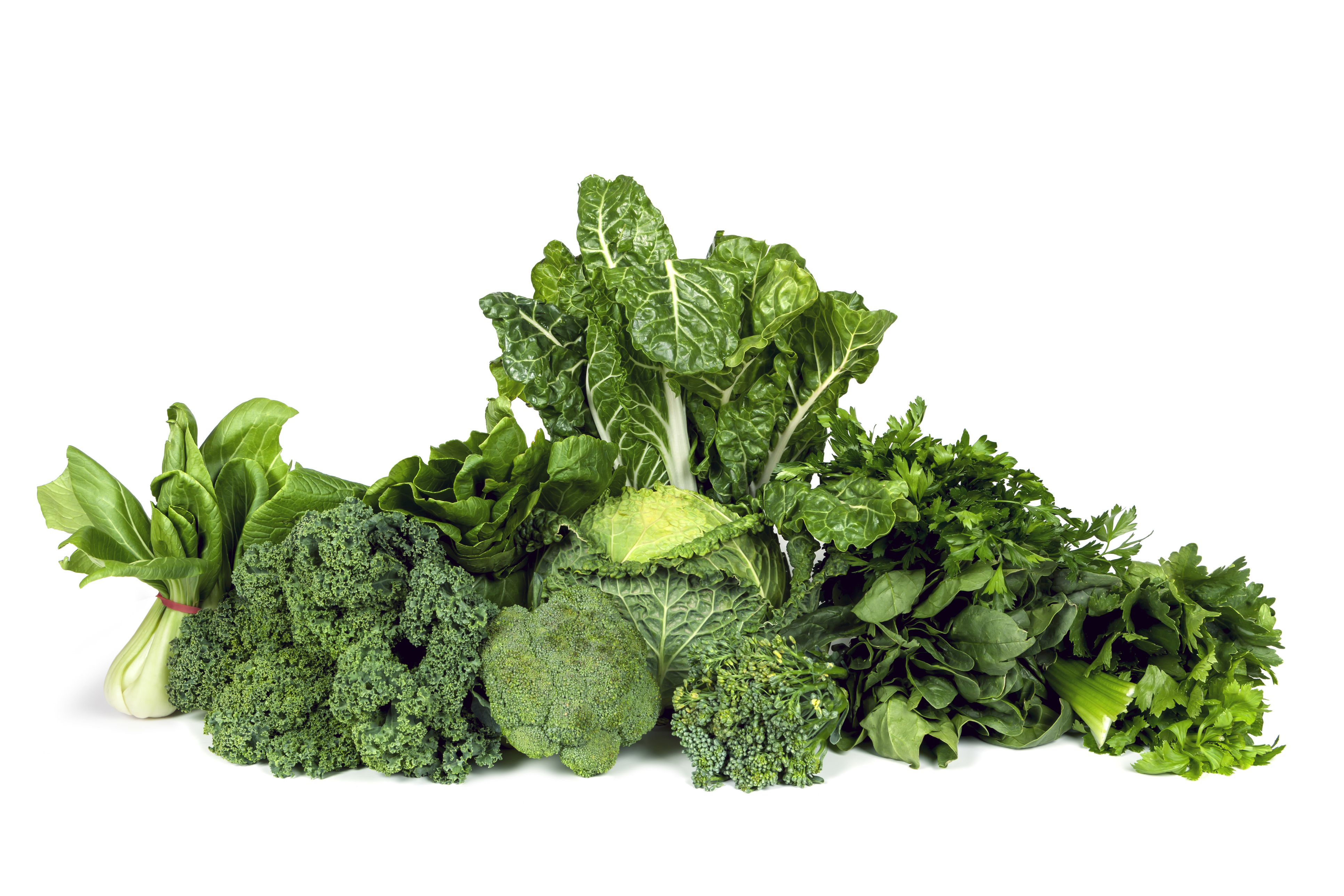Understanding How Diet Affects Mental Health

Have you ever stopped to think about how that greasy burger or sugary soda might be impacting more than just your waistline? Turns out, your diet could be playing a major role in your mental health as well! So put down that bag of chips and get ready to feast your mind on all the deliciously surprising ways your diet can affect your state of mind. Let’s dive in and explore the curious connection between what you eat and how you feel.
Common Dietary Patterns Linked to Mental Health
Eating your way to a happier mind might sound too good to be true, but research suggests that certain dietary patterns can actually have a positive impact on mental health. So put down the sugary snacks and pick up some brain-boosting foods instead!
One common dietary pattern linked to improved mental health is the Mediterranean diet. This way of eating emphasizes plenty of fruits, vegetables, whole grains, nuts, and olive oil. It also includes moderate amounts of fish and poultry. Studies have shown that following a Mediterranean diet can reduce symptoms of depression and anxiety. Plus, who can say no to a delicious plate of pasta drizzled with olive oil?
Another dietary pattern associated with better mental health is the DASH diet. This plan focuses on reducing sodium intake and increasing consumption of fruits, vegetables, whole grains, and lean protein sources. By following the DASH diet, you can lower your risk of depression and improve cognitive function. So say goodbye to those salty snacks and hello to a bright and focused mind!
Lastly, incorporating plenty of omega-3 fatty acids into your diet has been shown to support mental well-being. Foods like fatty fish, flaxseeds, and walnuts are all rich sources of these essential nutrients. Omega-3s have been linked to decreased rates of depression and improved overall mood. So remember to add some fish to your plate and watch your spirits soar!

The Gut-Brain Connection: How Diet Impacts Mental Wellbeing
Ever heard the saying “you are what you eat”? Turns out, it’s not just a cute catchphrase – it’s actually true! Your diet can have a huge impact on your mental wellbeing, thanks to the fascinating gut-brain connection.
So, what exactly is this gut-brain connection? Well, it’s the intricate relationship between your gut and your brain, where the health of your gut can directly affect your mental health. Pretty cool, right? And the key player in this connection? Your gut microbiome – a diverse community of bacteria living in your digestive system. Talk about having a party in your gut!
When it comes to diet, certain foods can either nourish or harm your gut microbiome, which in turn can affect your mood, stress levels, and overall mental health. It’s like having a tiny army of bacteria in your gut, constantly fighting for your wellbeing. So, next time you reach for that sugary snack, think about how it might be affecting not just your gut, but also your brain!
- Feeding your gut with probiotic-rich foods like yogurt and sauerkraut can help support a healthy gut microbiome.
- Avoiding processed foods and excess sugar can prevent gut inflammation, which is linked to anxiety and depression.
- Don’t forget to drink plenty of water to keep your gut bacteria hydrated and happy – after all, a hydrated gut is a happy gut!

The Role of Nutrients in Mental Health
When it comes to mental health, we often focus on therapy, exercise, and self-care. But did you know that what you eat can also have a huge impact on your mood and overall well-being? That’s right, nutrients play a vital role in keeping your brain happy and healthy!
So, what exactly are these magical nutrients that can boost your mental health? Let me break it down for you:
- Omega-3 fatty acids: These good fats are like brain food, helping to reduce inflammation and improve cognition. So go ahead and load up on some fish, walnuts, and flaxseeds!
- Vitamin D: Known as the sunshine vitamin, vitamin D is essential for mood regulation. Get some sunlight or munch on fortified foods to keep those blues at bay!
Now that you know the important role nutrients play in your mental health, don’t forget to fuel your body with the right foods. Your brain will thank you for it!

Impact of Sugar and Processed Foods on Mood and Cognition
Let’s talk about the real villains in our lives - sugar and processed foods. These sneaky culprits not only wreak havoc on our bodies but also play some dirty mind games with our mood and cognition. Here’s how they do it:
First off, sugar is like that toxic ex you just can’t quit. It gives us a temporary high, but then leaves us crashing harder than a Hollywood marriage. This rollercoaster ride messes with our mood, leaving us feeling low and irritable. Plus, don’t even get me started on the brain fog - trying to focus after a sugar binge is like trying to solve a Rubik’s cube blindfolded.
Processed foods, on the other hand, are like that fake friend who says all the right things but secretly stabs you in the back. They’re full of artificial ingredients, preservatives, and whatnot, which can mess with our brain function. Ever feel like you’re walking through molasses after a heavy fast food meal? That’s your cognitive function taking a nosedive thanks to those processed goodies.
So, next time you reach for that sugary snack or convenience food, remember the impact it can have on your mood and cognition. Opt for healthier choices instead – your brain will thank you, and who knows, you might even start feeling like the superhero you truly are (sans cape, of course).

Foods that Support Mental Health and Wellbeing
Ever feel like your brain is in desperate need of a tune-up? Well, fear not, my friends, because there are foods out there that can help support your mental health and wellbeing. Yes, you heard me right – by simply chowing down on some tasty treats, you can give your noggin the boost it needs to tackle whatever life throws your way.
First up, we have the mighty avocado. This green goddess is packed full of good fats that help keep your brain running smoothly. Plus, they’re just so darn versatile – smash ’em on toast, blend ’em up in a smoothie, or just eat ’em straight out of the skin with a sprinkle of salt. The possibilities are endless!
Next on the menu, we have everyone’s favorite dark chocolate. That’s right, folks, indulging in a square or two of this decadent delight can actually help improve your mood. Plus, it’s a delicious way to get a little antioxidant boost. Talk about a win-win!
And let’s not forget about the humble blueberry. These little balls of goodness are not only delicious, but they’re also packed full of vitamins and minerals that can help improve your memory and cognitive function. So next time you’re feeling a bit foggy, reach for a handful of these bad boys and watch your brain power soar!
The Influence of Omega-3 Fatty Acids on Brain Function and Mood
Omega-3 fatty acids have been hailed as the superheroes of brain function and mood. These little nutrients pack a powerful punch when it comes to keeping your noggin sharp and your spirits high. It’s like giving your brain a daily dose of brain-boosting vitamins with a side of happiness sprinkles.
Imagine your brain as a well-oiled machine, churning out brilliant ideas and sharp wit at lightning speed. Now, add some omega-3 fatty acids into the mix, and you’ve got yourself a turbocharged brain on overdrive. These bad boys help improve memory, enhance cognitive function, and even reduce the risk of mental decline. Think of them as the brain’s personal trainers, keeping it in tip-top shape.
And let’s not forget about mood. Omega-3 fatty acids are like little mood boosters, sending those happy chemicals in your brain into a frenzy of joy and contentment. Say goodbye to the blues and hello to a bright and sunny disposition. It’s like having a personal cheerleader living in your brain, rooting for you every step of the way.
So, whether you’re looking to ace that exam, boost your creativity, or just feel a little extra pep in your step, omega-3 fatty acids are here to save the day. Give your brain the fuel it needs to thrive and watch as your mood skyrockets to new levels of happiness. It’s like giving your brain a big ol’ bear hug, and who doesn’t love a good brain hug?
Key Micronutrients for Psychological Wellbeing
Everyone knows that eating your veggies is good for your physical health, but did you know that certain micronutrients are essential for maintaining your psychological wellbeing as well? It’s true! Here are some key micronutrients that can help boost your mood and mental health:
- Vitamin D: Also known as the “sunshine vitamin,” vitamin D plays a crucial role in regulating mood and warding off depression. So make sure to get some sun on your face (with sunscreen, of course) or load up on vitamin D-rich foods like salmon, eggs, and fortified milk.
- Magnesium: This mineral is a must-have for relaxation and stress relief. Stock up on magnesium-rich foods like dark leafy greens, nuts, and whole grains to keep those stress levels in check.
- Zinc: Known for its immune-boosting properties, zinc also plays a role in regulating neurotransmitters in the brain. So chow down on zinc-rich foods like oysters, beef, and pumpkin seeds to keep your mood steady and your brain happy.
Remember, a balanced diet rich in these key micronutrients can do wonders for your mental health. So next time you’re feeling down, skip the junk food and reach for some mood-boosting superfoods instead. Your mind will thank you!
FAQs
Why should I care about how my diet affects my mental health?
Well, if you enjoy having a brain that functions like a well-oiled machine, you might want to pay attention to what you’re putting in your body. Just like filling up your car with the wrong fuel can make it sputter and stall, filling up your body with junk can make your brain feel like it’s running on fumes.
Can my diet really impact my mood?
Absolutely! Think about it like this: if you spend all day eating greasy, sugary garbage, your body is bound to feel sluggish and slow. And when your body feels like a dumping ground, chances are your mood isn’t going to be much better.
What foods should I avoid for better mental health?
If you want to keep your mind clear and your mood stable, you might want to steer clear of excessive amounts of sugar, processed foods, and alcohol. These can all wreak havoc on your mental state faster than you can say ”hangry.”
What foods can actually improve my mental health?
Load up on foods rich in omega-3 fatty acids, like salmon, walnuts, and flaxseeds. These bad boys are like brain fuel, keeping your neurotransmitters firing on all cylinders. And don’t forget the veggies – leafy greens, broccoli, and tomatoes are all packed with vitamins and antioxidants that can help give your mental health a little boost.
How quickly will I notice a difference in my mental health after changing my diet?
Just like Rome wasn’t built in a day, your mental health won’t be transformed overnight. But with a little patience and some dedication to eating well, you might start noticing improvements in your mood and mental clarity within a few weeks. So go ahead, give that salad a chance to work its magic!
Bon Appétit for the Brain!
So there you have it, folks! Remember, you are what you eat, so make sure to feed your brain the good stuff. Skip the greasy fast food and opt for brain-boosting superfoods instead. Your mental health will thank you!
And hey, if you found this article helpful, feel free to share it with your friends. After all, sharing is caring… especially when it comes to keeping our minds sharp and happy. Happy eating!






